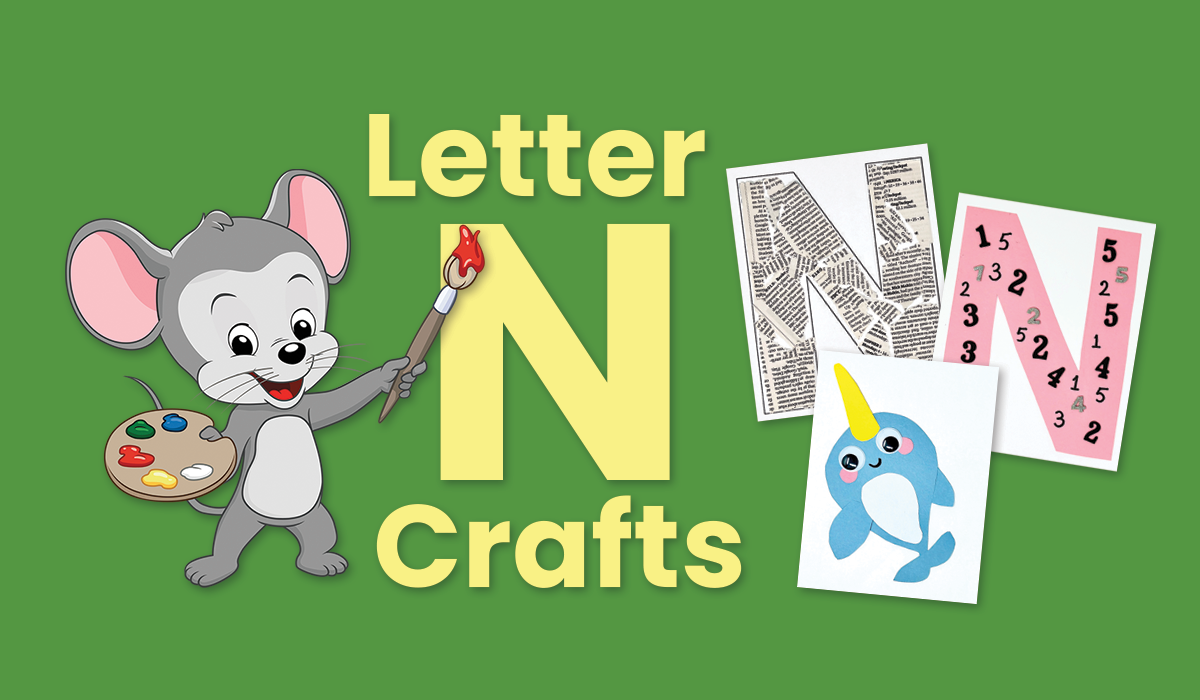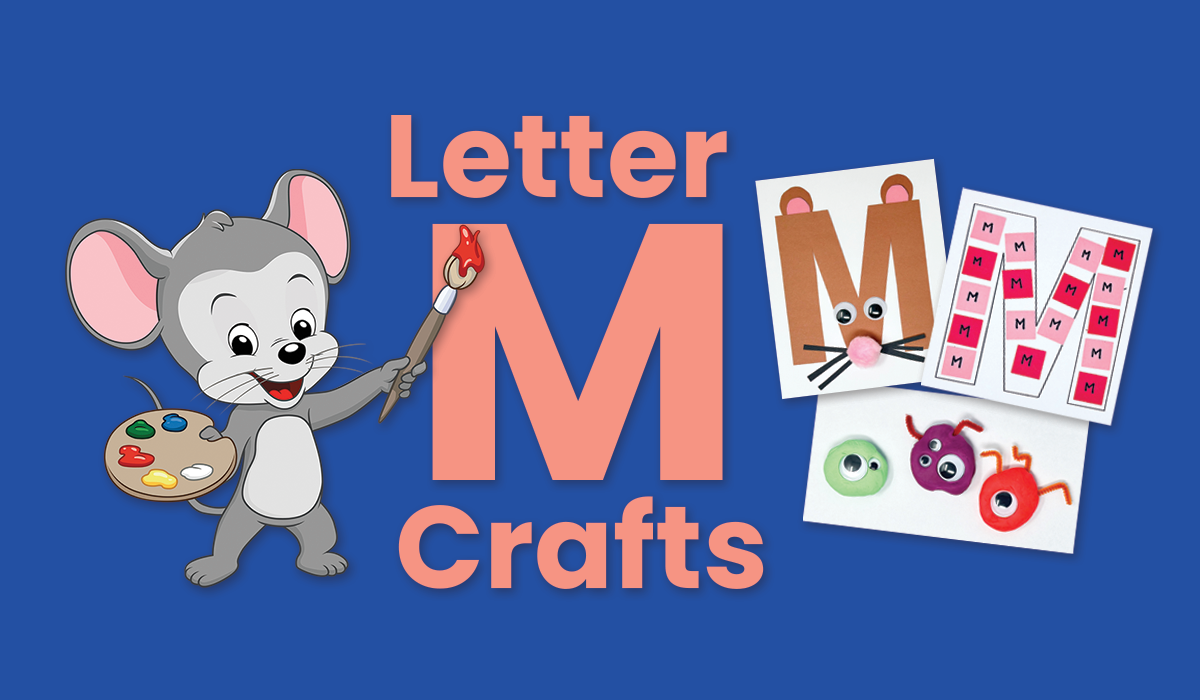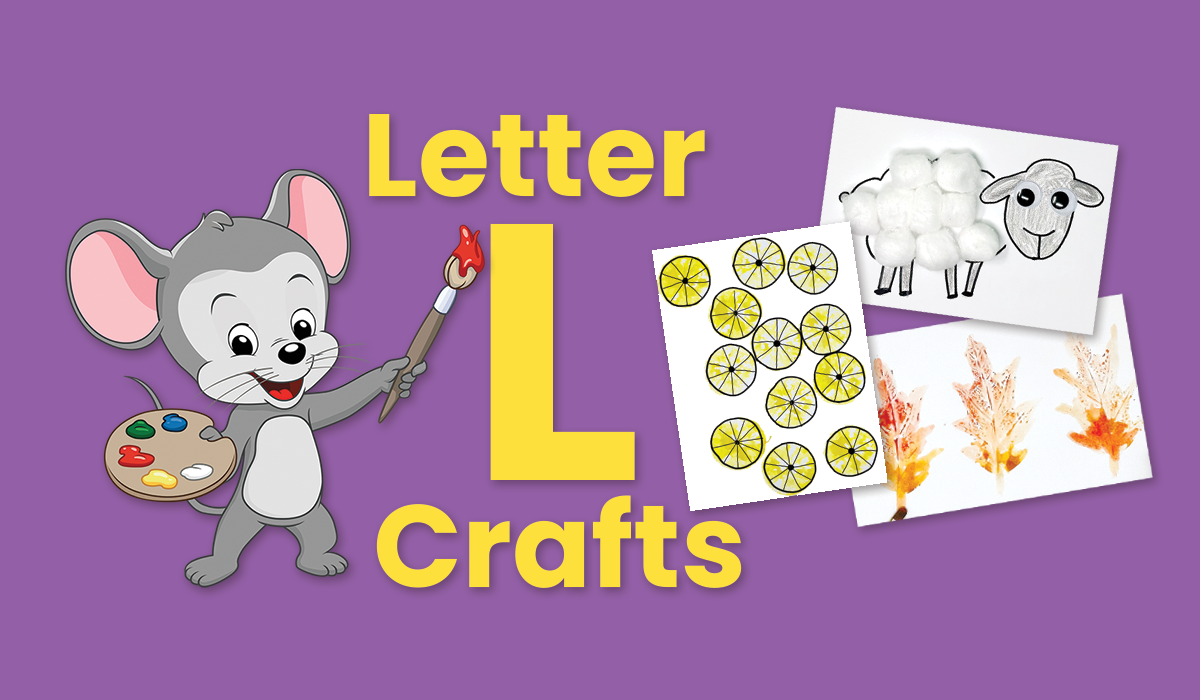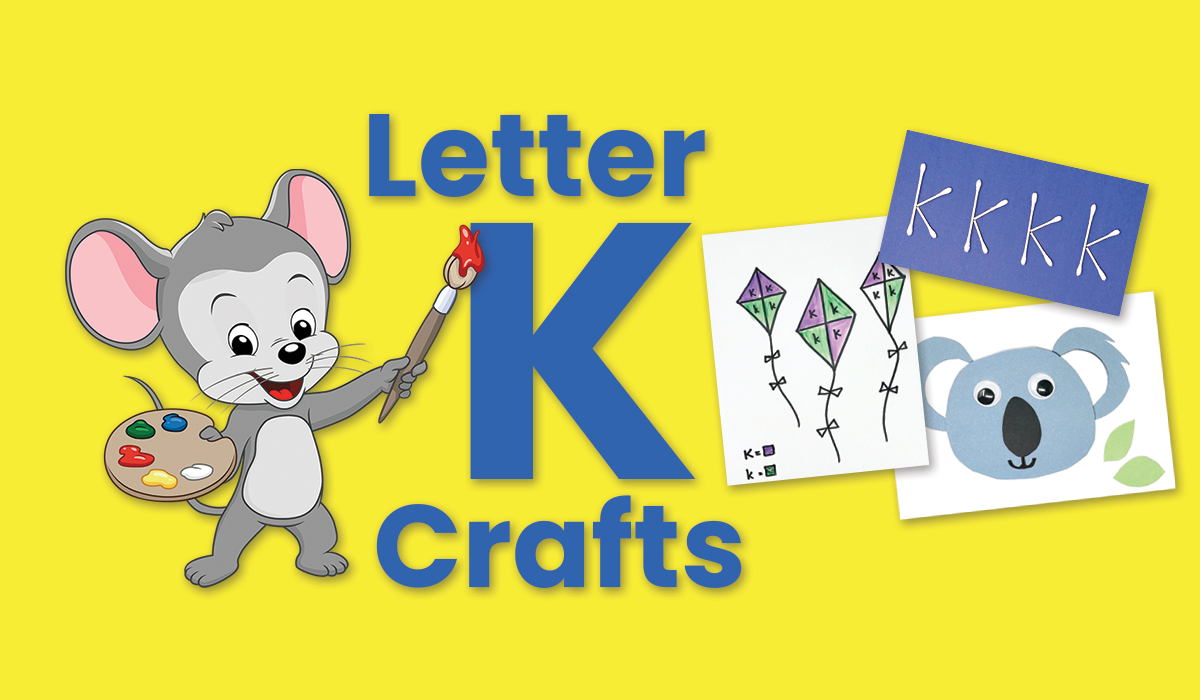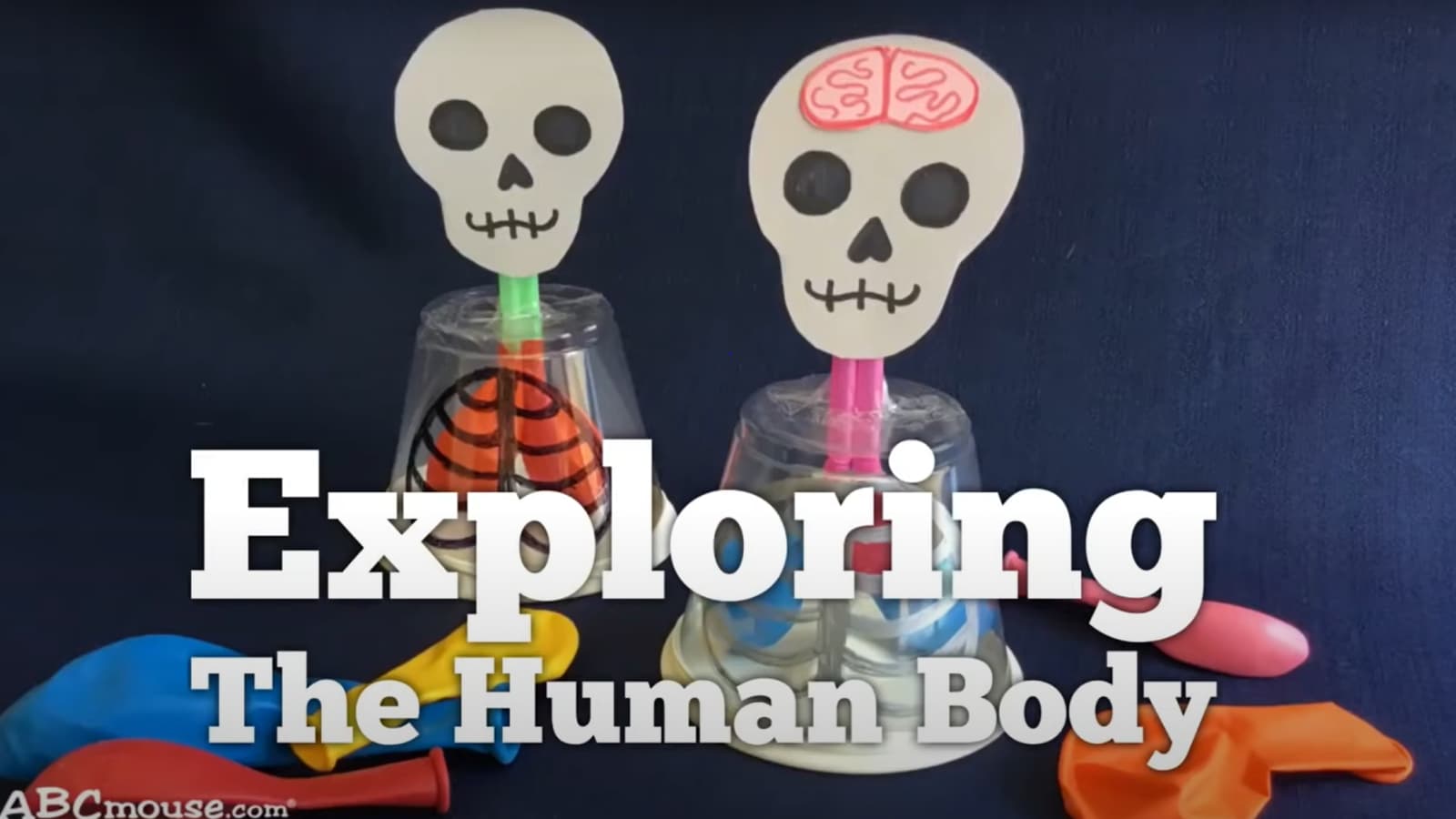30+ Rhyming Games and Activities for Kids
Share
Give learning to rhyme a playful twist with these creative rhyming games and activities that turn learning into an adventure!
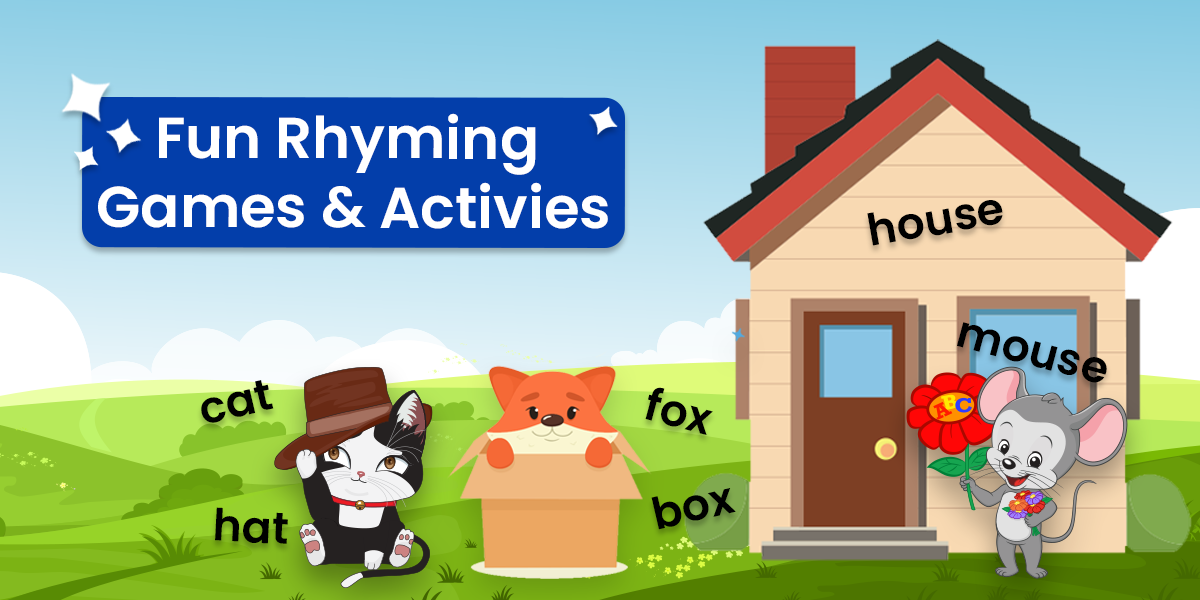
Add some fun to reading with rhyming games and activities! Not only do they add playfulness to building literacy skills, rhyming can also help children recognize patterns in words and sounds (phonological awareness).
Incorporating rhyming games and activities into your child’s learning can provide a unique way to increase their engagement with reading and vocabulary and can even boost their skills in recognizing certain words or word patterns. Here are a few games and activities that you can add into your child’s day.
Tip: When introducing rhyming games, keeping things upbeat and fun can make a big difference! Remember, the key is regular, playful practice. It’s all about exploring sounds in a supportive, joyful environment.
For more detailed insights on encouraging learning through play, our article Play Based Learning explores how play is integral to development and provides practical tips and examples.
Easy at Home Rhyming Games and Activities
Here are some simple, enjoyable rhyming games that you can easily play at home–no special materials required!
Rhyming Treasure Map
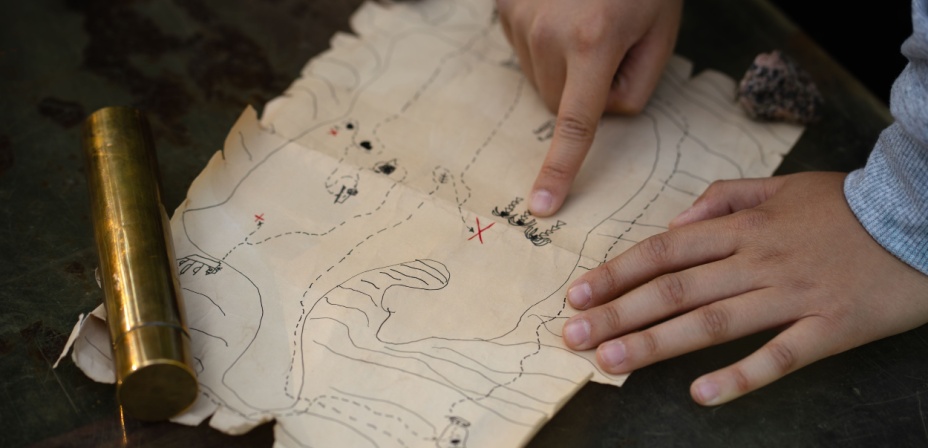
Create a treasure map where each clue location includes a puzzle or riddle that rhymes. Each correctly guessed rhyme leads to the next clue. Each clue your child finds will lead them closer to the treasure, which could be a special snack, a new book, or a small toy.
Example clue: “Let’s keep going with all the fun. You’ll need to move quickly but please don’t run. Let’s go on a hunt for clue number two. It’s hidden inside someone’s shoe!”
Rhyming Fashion Show

Organize a fashion show where each outfit must be introduced with a rhyme. For example, if your child dresses up in a red hat, the announcer (either you or another child) could say, “Here comes a hat, it’s big and red, it fits so nicely on your head!” This activity encourages creativity in both fashion and language.
Rhyme Match Game
Create simple cards with words or pictures. Lay them face down and play a memory game where the goal is to find pairs that rhyme. For instance, cards could have images of a cat and a hat or words like “frog” and “dog.” You can print free rhyming words with pictures here.
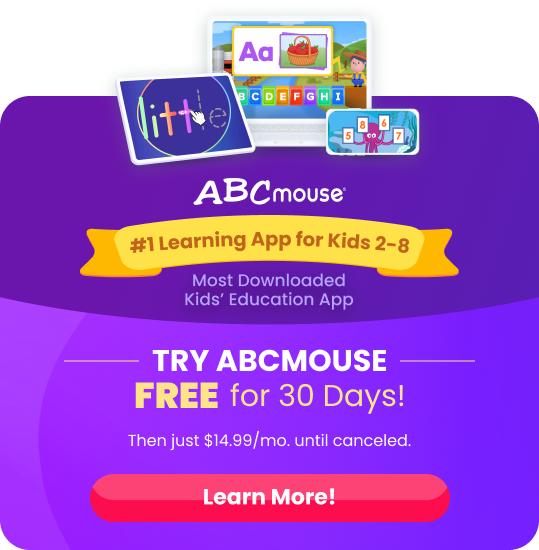
Rhyming Recipes

Turn cooking time into rhyme time! When preparing a meal, invite your child to assist you and challenge them to come up with rhyming words for the ingredients, tools, and actions you use. For example, “rice” might prompt “nice,” “spice,” or “dice,” and “chop” might lead them to “hop,” “mop,” or “sop.” As you continue cooking, make a silly rhyme together about what you’re doing.
Nature Rhyming

Go on an exploration in your backyard or a park. Challenge your child to find natural items, then come up with rhymes for each item. For instance, “leaf” rhymes with “reef” or “thief” and “flower” rhymes with “power” and “tree” rhymes with “bee.” See how many things in nature you and your child can think of rhymes for.
Nonsense Language Rhymes
Invent a language where you and your child create nonsensical words that still follow English rhyming rules. For example, instead of “cat” and “hat,” you might say “splat” and “zat.” Make up silly sentences or short stories using these made-up rhyming words. Nonsense words are actually a great way to help children with phonics, as they can focus solely on the sounds of words.
Rhyming Worksheets
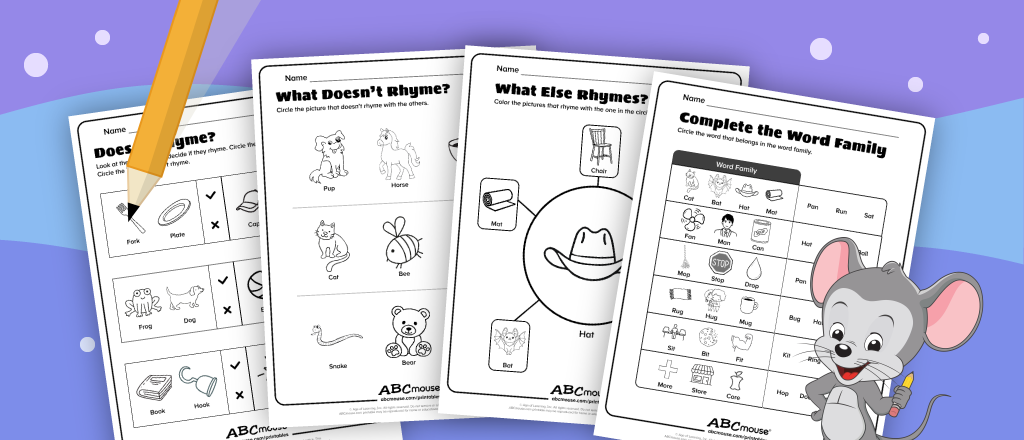
Give kids extra practice with Rhyming Worksheets! These free printables help children identify and match rhyming words through engaging activities like does it rhyme, rhyme matching, and picture-based exercises. Whether you’re a parent helping at home or a teacher planning a lesson, these printables are a simple, no-prep way to build strong phonics skills—one rhyme at a time!
Rhyming Bingo
Make bingo cards (or use these blank bingo cards) to add pictures or words that rhyme and use them for a fun game of bingo. You can call out words, and your child has to identify a rhyming word on their card. This not only reinforces their rhyming skills but also keeps them engaged and eager to find matches.
Musical Rhymes

Turn on the music and sing songs that feature rhymes. After singing a line, pause and let your child come up with a rhyming word. For example, sing, “Twinkle, twinkle little star, how I wonder what you…” and let them finish with “are!”
Tip: Nursery rhymes often have rhyming verses. Check out list of 100 nursery rhymes with lyrics here.
Rhyme Scavenger Hunt
Organize a scavenger hunt around the house or in your backyard where your child has to find objects that rhyme. Give them a word, like “bed,” and ask them to find something that rhymes with it, like “red” (a red book or toy). This active game helps children think about words and their sounds while bringing movement into their learning.
Story Rhymes

Make up stories together where each sentence must rhyme with the last. For instance, start with “There once was a cat who wore a big hat,” and let your child make up the next line. This not only sparks creativity but also helps to teach the structure of rhyming stories and poems.
Rhyming I Spy
Play “I spy with my little eye, something that rhymes with…” and choose a word. This variation of the classic I Spy game is excellent for playing anywhere, anytime and can even help sharpen observation skills.
Rhyming Coloring Pages
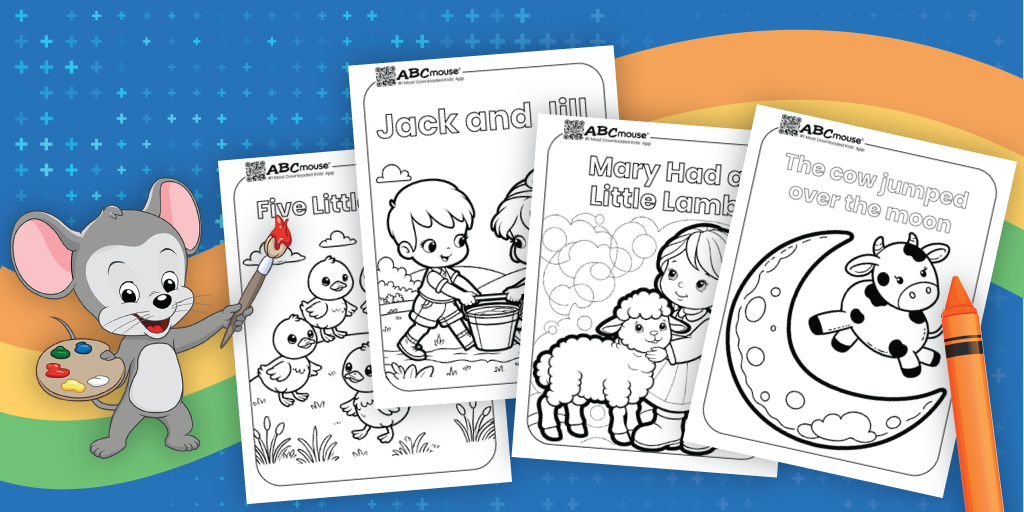
Make rhyming even more fun with Rhyming Coloring Pages! These printable pages feature adorable illustrations of rhyming word pairs, making learning both visual and interactive. Kids can color while practicing phonics and word recognition—perfect for a creative and educational activity at home!
Online Rhyming Games for Kids
ABCmouse features a variety of interactive rhyming games for young learners aged 2-8. These games mix educational content with engaging gameplay, making it fun to practice rhyming skills.

Rhyming Words Memory Match This game challenges children to match pairs of rhyming words, improving their ability to recognize and produce rhymes. It’s also an excellent way for kids to practice their listening and matching skills.
Alice’s Word Rhyme In Alice’s Word Rhyme, children help Alice teach her monsters about sight words through rhyming. The game involves selecting the sight word that rhymes with a given word, which can help to build vocabulary and phonological skills.


More Cloud Collecting More Cloud Collecting features a character named Ivan who tests his cloud collector by choosing words that rhyme with the ones he hears. This game aims to help kids distinguish rhyming sounds and practice their listening skills.
Granny Franny’s Poem Repair Granny Franny’s Poem Repair invites children to help complete her poems by choosing the correct rhyming words to fill in missing parts of sentences. This not only improves rhyming skills but can also enhance reading comprehension and word recognition.

Rhyming Games & Activities for Toddlers (2-3 Years)
Between the ages of 2 and 3, children hit significant developmental milestones in language. At this stage, toddlers begin to notice and enjoy the sounds of words even more, especially through songs, stories, and rhymes that repeat sounds. Here are a few simple rhyming activities that parents can enjoy with their 2-3 year olds:
Rhyme and Catch
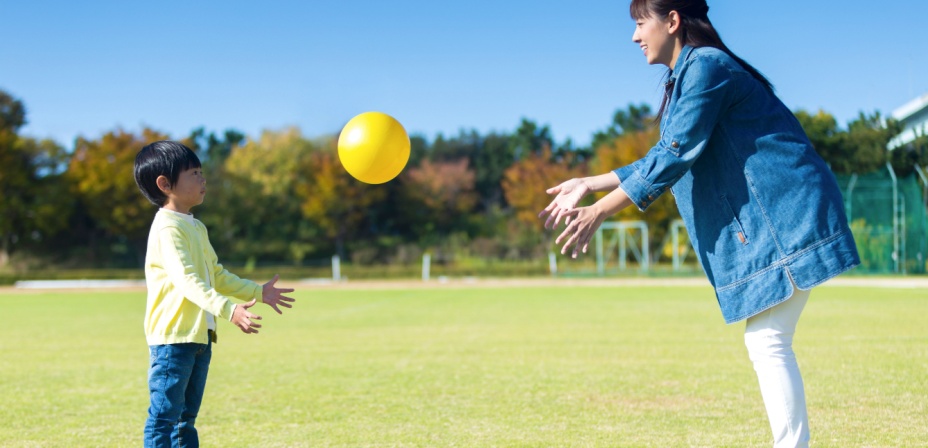
Grab a small beach ball and have fun with a simple game of catch! Toss or roll the ball to your child and each time the ball is passed, work with your child to repeat rhyming words. For example, roll the ball and say the word ‘cat,’ then have your child roll the ball back to you as you say the word ‘hat.’ If you feel your child is ready to come up with rhyming words on their own, invite them to come up with their own rhyming word each time they get the ball.
You can adjust this game to the level of your child either helping them come up with the words, or having them repeat the words after you.
Rhyming Story Blocks
Grab some large plastic building blocks and a dry erase marker to write simple words such as ‘dog’ or ‘log’ on each block. Alternatively, you can attach small images that match the words for a more visual experience.
Begin building a tower together, and as each block is added, challenge your child to create a silly story from the words or pictures they see. For instance, if the blocks show ‘cat’ and ‘mat,’ they might say, “The cat sat on the mat.”
Animal Rhyme Time
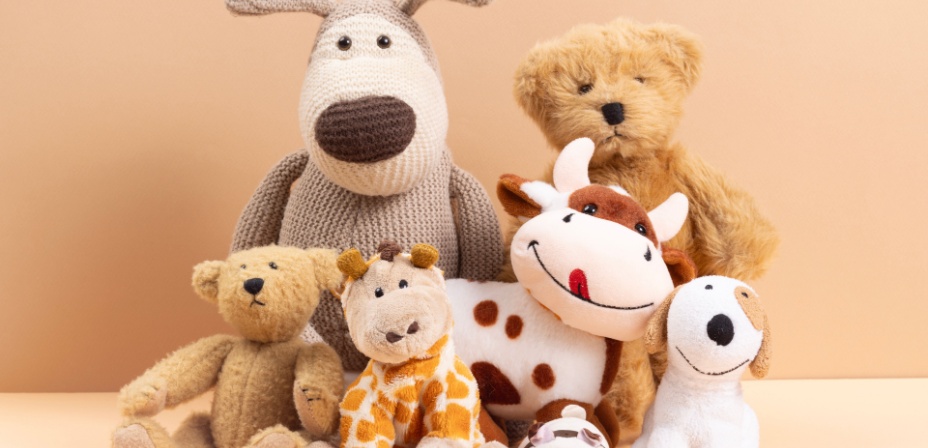
Use stuffed animals that your child likes and name each one with a simple rhyme. For example, a pig named “Fig” or a dog named “Bog.” Play a game where you describe what each animal is doing using rhyming sentences, encouraging your child to guess which animal you are talking about.
Puppet Rhyme Show
Make simple puppets using socks or paper bags. Draw characters with rhyming names like “Mouse in the House” or “Bee in the Tree.” Use these puppets to put on a small show that emphasizes rhyming words. This storytelling technique can help children connect rhyme and narrative in a playful setting.
Color Rhyme Hunt

Choose objects around the house or yard that are brightly colored and have easy rhyming names, like a blue shoe or a red bed. Turn it into a scavenger hunt where your child finds objects that rhyme with the colors. This activity is great for teaching both colors and rhymes.
Simple Picture Cards
Use large pictures of simple objects that rhyme, such as cat, hat, bat, and mat. Then, say a word that rhymes with what’s pictured, such as ‘rat.’ Ask toddlers to point to the pictures that rhyme with words you said.
Rhyming Games & Activities for Preschoolers (3-5 Years)
Between the ages of 3 and 5, children experience significant growth in their language skills. By age 3, children may start to predict rhyming words in familiar songs or stories. By the age of 5, children are usually able to engage in more complex rhyming games, recognizing and generating multiple words that rhyme with a given sound. The following activities focus on these growing skills.
Rhyming Story Time

Pick a favorite book that features rhyming text. As you read, pause before the rhyming word and encourage your child to guess it. This interactive reading time helps with phonemic awareness and keeps the storytelling fun and engaging.
Find the Rhyme Scavenger Hunt
Give your child a word and ask them to find objects around the house that rhyme with that word. For example, if you say “sock,” they might bring back a block or point to a clock. This game turns rhyming practice into a fun hunt around the home.
Rhyming Hopscotch

Draw a hopscotch grid on the driveway or sidewalk. Write a different word in each square. As your child hops on each square, they have to say a word that rhymes with the written word.
Rhyme Freeze Dance
Play music and have your child dance around. When the music stops, shout out a word. Your child must come up with a rhyming word before the music starts again.
Tip: The ABCmouse YouTube channel has lots of fun music for kids to dance and sing to. Check it out here.
Craft a Rhyme

Provide materials for a craft related to a set of rhyming words. For example, after reading a book or these rhyming poems for preschoolers and kindergarteners with rhyming words like “cat” and “hat,” children can make their own paper hats or cat masks, reinforcing the vocabulary they’ve learned.
Rhyme Ring
Read a storybook together and have your child ring a small bell or clap their hands every time they hear words that rhyme.
Rhyming Games & Activities for Early Elementary (5-7 Years)
Children in early elementary school (kindergarten through second grade) are developing phonemic awareness, vocabulary, and early reading skills, making rhyming a helpful part of their literacy journey. Try this games with children in kindergarten through first grade.
Musical Rhymes

Play a music-based rhyming game. Play a song and ask your child to create a new verse for it filled with as many rhyming words as possible.
Rhyme Pictionary
Play a game of Pictionary where your child must draw something that rhymes with a word you say. For example, if you say “mouse,” they could draw a “house.”
Interactive Rhyming Story
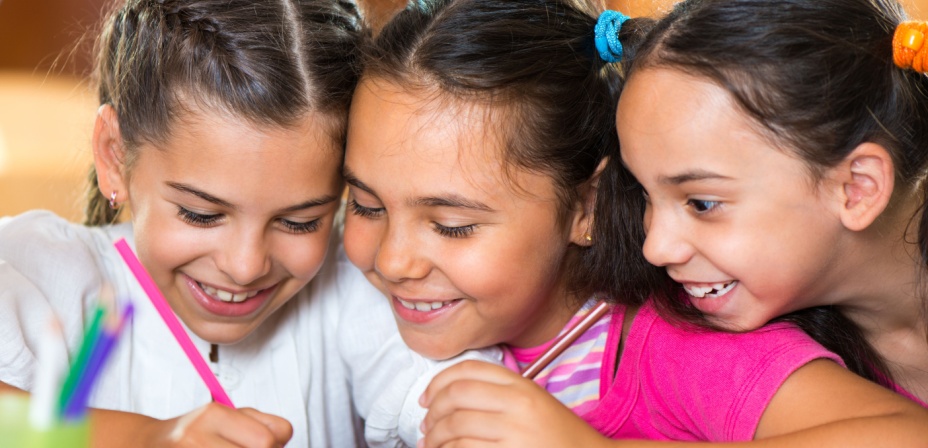
Create a story together where each sentence must rhyme with the last. Start the story with a simple sentence, and take turns making up the next line. This can also be played with a small group of children, passing a notebook to the next child with each new sentence.
Tip: You can pair this with lessons on rhyming schemes and rhyming couplets for an extra learning boost!
Read Together Rhyming
Sit down with your child to read a rhyming book together, letting them do most of the reading. Follow along as when you see a rhyming word, it’s your turn to chime in. For each rhyming word, say it along with your child. Then take turns, with you doing most of the reading and your child joining in each time they see a rhyming word.
Rhyme Creation Station
Set up a creative area where children can write their own poems and simple rhymes using words they’ve learned.
To get them started, provide fun prompts like:
- Write a poem about a playful cat and a big, floppy hat.
- Make up a silly rhyme about a dog, a frog, and a log.
- Tell a short story using three words that rhyme with “fun.”
A word bank can also be a great tool for inspiration. Check out our Printable Rhyming Word List to give kids an easy reference as they create!
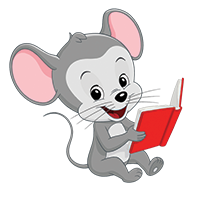
More Activities to Try…
-
Letter N Crafts and Activities
Explore fun Letter N crafts and activities for preschoolers! From noodle necklaces to narwhals, these hands-on projects make learning the alphabet creative and engaging. Perfect for…
-
Letter M Crafts and Activities
Explore fun and engaging Letter M crafts and activities for preschoolers! From mustaches to moons, find creative, hands-on ideas that help kids learn the letter M…
-
Letter L Crafts and Activities
Explore fun and creative letter L crafts and activities for preschoolers! From leaf art and lavender painting to lollipop crafts and lion masks, each idea uses…
-
Letter K Crafts and Activities
Engage preschoolers with fun, easy-to-make Letter K crafts and activities. From kings and kites to kangaroos and koalas, each project fosters creativity and learning using simple…
-
Leprechaun Rocks: St Patrick’s Day Activity
Add a spark of magic to St. Patrick’s Day with this fun activity for kids! Create fizzing Leprechaun Rocks that reveal hidden treasures inside while teaching…
-
STEM Activity for Kids: Human Lungs
Discover the science of breathing with this engaging STEM activity for kids! Build a working lung model using simple materials to learn how the lungs and…

